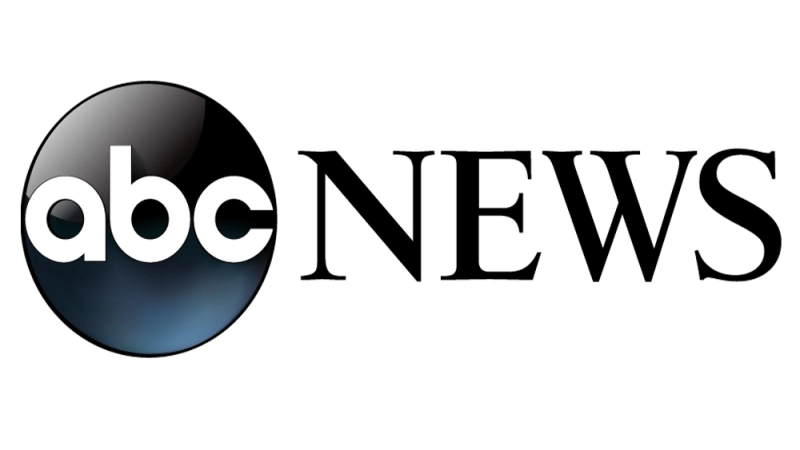Recently I talked with ” ABC news” (Australia) and explained how Journalism is under siege in Pakistan. Here is the audio-link. The transcript of my conversation – an edited version – is also posted below
MARK COLVIN: Journalists in Pakistan say they’re under increasing threat both from terror groups and the country’s security agencies….
South Asia correspondent Michael Edwards reports.
MICHAEL EDWARDS: Journalists are supposed to be on the sidelines, be there to report when bad things happen to people.
RAZA RUMI: Six weeks ago I was attacked in Lahore.
MICHAEL EDWARDS: That’s Raza Rumi, the associate editor of the Friday Times, a man who is one of Pakistan’s influential and high profile journalists.
But as he’s about to explain, he’s also a man with a target on his back.
RAZA RUMI: I had a regular TV show every night on current affairs. I was attacked and, you know, my car was sprayed with bullets. I ducked under and laid down on the floor of the car and saved myself, but you know those bullets killed my driver and they injured the other person in the car and then for a couple of weeks I was there, locked in the house, because the police said you can’t go out and those who tried to kill you will come again and so then I had to leave Pakistan.
MICHAEL EDWARDS: Raza Rumi is a prominent critic of the Pakistani Taliban. Most evidence points towards them as being behind the attack.
RAZA RUMI: Yeah I mean specifically, I think for a variety of reasons, my consistent stance and position and reporting on extremism in Taliban and you know my defence of Pakistan’s endangered minorities.
MICHAEL EDWARDS: Amnesty International has documented 34 cases where journalists have been killed in Pakistan since 2008.
Shockingly, in only one case have the perpetrators been brought to justice.
Most recently, another high profile journalist was badly wounded in a shooting.
Geo News anchor Hamid Mir was on his way to his office in Karachi last month when he was shot several times by men on motorbikes.
He survived but the situation has only put more pressure on Pakistan’s media outlets.
In the aftermath of the attack, Hamid Mir’s brother went on-air with Geo News. He blamed Pakistan’s powerful intelligence agency, the ISI.
Hamid Mir has done a number of investigative pieces alleging misdeeds by the ISI.
Immediately, the ISI and the military struck back. They lodged a case with Pakistan’s media watchdog to have the station’s broadcasting licence revoked.
Geo News has effectively been shunted off the air anyway. The station was blocked in parts of the country or placed at the end of the cable station list, so most subscribers can’t receive its broadcasts.
Raza Rumi says it’s yet another example of how journalism is under siege.
RAZA RUMI: If you cross certain lines which you’re not supposed to it is extremely dangerous, it can be lethal. I mean you know you can’t really challenge the national security view of the state and similarly you can’t take on or criticise the non-state actors, mostly the extremists groups, because they are pretty autonomous now and they can come after you and kill you with impunity.
MICHAEL EDWARDS: Geo News has been forced to make an apology. Where to now for the station, which had gained a reputation for fearless journalism, is not certain.
Islamic clerics have also now accused Geo News of broadcasting blasphemous material in a light entertainment show – a move that places its employees at further risk of violence at the hands of extremists.
But across Pakistan the message to watch what you say and write is obviously being heard. Many newspapers and TV stations self-censor and avoid making any strident criticisms of the intelligence agencies and extremist groups.
The Express Tribune was one of Pakistan’s most independent voices until a number of deadly attacks on its employees forced it to temper its editorial stance.



